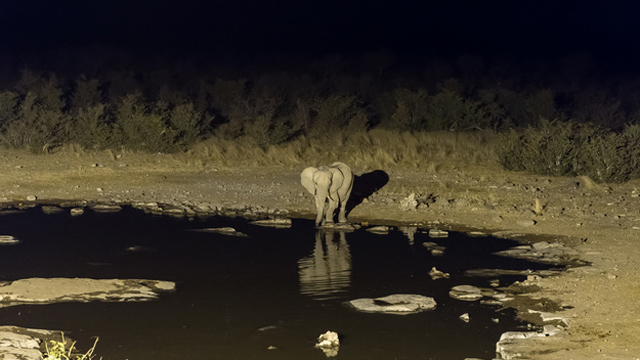 ISTOCK, GROBLERDUPREEZMammals around the world are becoming more active at night, making it less likely for them to have run-ins with humans, researchers report today June 14 in Science.
ISTOCK, GROBLERDUPREEZMammals around the world are becoming more active at night, making it less likely for them to have run-ins with humans, researchers report today June 14 in Science.
This isn’t the first time mammals have retreated to the shadows. In the time of the dinosaurs, “all mammals were active entirely at night, because dinosaurs were the ubiquitous terrifying force on the planet,” study coauthor Kaitlyn Gaynor of the University of California, Berkeley, tells New Scientist. “Now humans are the ubiquitous terrifying force on the planet, and we’re forcing all of the other mammals back into the night-time.”
She and her colleagues did a meta-analysis of 76 studies on 62 mammals across six continents to look for shifts in the animals’ daily activities in response to humans. Most animals, including some that are primarily nocturnal, became roughly 20 percent more active at night.
One surprising result was that the type of mammal-human interaction didn’t ...




















